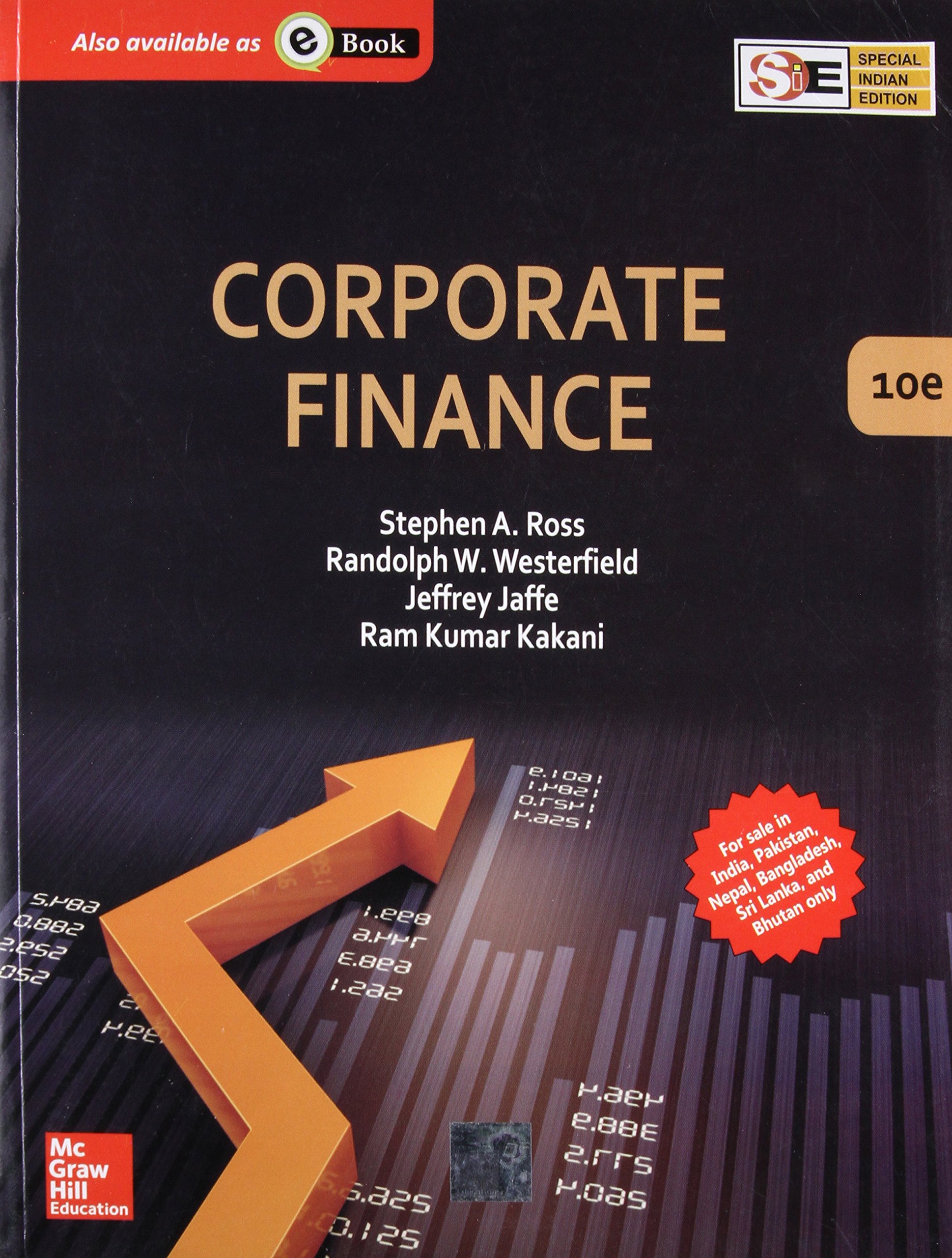Should you get a finance degree if you want to work on Wall Street? How to Get a Finance Degree The Right Way
As someone who just graduated with a bachelors degree in finance, and likely is still mentally burnt out from the every day grind of learning arbitrage, financial mathematics, and writing tons of papers about all things finance and money, I think I’m very qualified to answer this question. Personally, if you want to work on Wall Street, can you find history will absolutely help you once you get your foot in the door. From what I’m hearing these days from the recruiters that came to her college campuses, we once had a JP Morgan investment banking recruiters on site on our campus, and they told us that while they typically in the past used to hire all majors, now they’re leaning towards finance accounting and business majors, but especially finance majors. The simple answer is, yes, you should major in finance if you wanna work on Wall Street. The benefits of getting a degree in finance will be extremely good for you if you actually want to work on Wall Street, and make investment banking a long-term career.
| Related Posts |
|---|
What Are The Best and Hardest Classes Within the Finance Degree
Make no mistake about it though, any idiot with a finance degree isn’t gonna be able to work on Wall Street. Wall Street firms, and especially investment banks like JP Morgan Chase, Goldman Sachs, Merrill Lynch, Morgan Stanley, and the like typically only hire from Ivy League schools. The reason for this is to fold, if you go to an Ivy League school, you are typically smarter, and therefore may be better qualified do the job of the long-term. That’s about 30% of the actual reason. The real reason that banks, And especially investment banks hire from Ivy League schools, is that they want to show off their analyst and associates the clients, and they hope that their fancy piece of paper from the rich kids schools, who are going to convince clients to purchase their funds and give them their money.With all of this in mind however, the finance degree provides a very strong knowledge framework for things like learning the skills needed to pass the SIE or Series 7 exams, or even heading towards the CPA designation in that you better understand things like Free Cash Flow, Working capital and Net Working Capital, and even certain tax implications. In summarizing the degree, here are some of my favorite classes that I took in pursuit of my Finance degree:
Investment Principles – In this class, it basically centered around the framework and premise of the book “A Random Walk on Wall Street,” where they talk about index fund investing, diversification, and the benefits of diversification in a total portfolio structure. They also walk through a lot of personal finance things to know, like how to roll a 401K over into a Traditional IRA if you change companies, like how to allocate your assets, utilize retirement accounts, and invest in insurance and emergency funds before investing in equities. Great class overall, I really learned a lot about personal finance, about Excel spreadsheets, and about the academia/portfolio management side of things, such as beta, systematic risk, allocation strategies, and the like, overall a great class.
Real Estate Finance – I personally did not like this class a whole lot, and even though our teacher was a really interesting professional and a Real Estate Attorney and partner at a law firm, I am just not a big fan of the academia side of real estate, or of real estate finance in general. The entire class was pretty much about the time value of money and of how to amortize mortgages, of how mortgages work, etc. etc. Not a bad class to have in your tool belt, but not my favorite by any means.
Money and Capital Ma rkets – I really liked this class in that it was the real world politics of finance, it talked a lot about the treasury, the federal reserve, congress, and monetary policy, as well as how prices, interest rates and equities influence each other.
rkets – I really liked this class in that it was the real world politics of finance, it talked a lot about the treasury, the federal reserve, congress, and monetary policy, as well as how prices, interest rates and equities influence each other.
Financial Accounting – It took me awhile to get into this class, as I actually failed the class the first time I took it (something to do with being 19 and drinking all the time in a fraternity.) Once I took it the second time however, I took the class way more seriously, and ended up getting a B in the class. Understanding how debits and credits work, the use of balance sheets and income statements, and of the importance of cash flows, was extremely interesting to me, and it was one of the favorite classes of my college career.
Managerial Accounting – I didn’t care for this class more because of the teacher than anything, but I also realized that operations is not my favorite subject by a country mile. This class talked a lot about Manufacturing Overhead, Activity Based Costing, and the like, and while I did end up getting a B in the class, it was a difficult grind indeed.
Financial Management – This class was pretty much PHD level mathematics with no concepts involved, and somehow I managed to squeeze out a B, overall a good learning experience for me as far as learning how much math I could actually do.
Corporate Finance – Corporate Finance was a love hate relationship, in that I needed a B to pass the class, and it was my first real taste of the difficulty of a finance class. I did manage to get a B in the class, and would do very well in future classes to complete the degree.
Security Analysis – Probably my second favorite class of my college career, it was taught by a really cool guy, a retired former fixed income trader on wall street, he taught me so much about trading, about technical analysis, and about topics for the CFA exam that I would take his class again if it was offered on an audit basis. Thank you Professor, really enjoyed this class, and got a lot of public speaking practice out of it as well!
Financial Policy – My favorite class of my college career. While I am not 100% extroverted all the time, I am actually pretty good at public speaking once I get a groove flowing, as once I start talking the fear pretty much goes away. In this class, pretty much every single class was a speech, and it was a really fun learning experience for me to be talking in front of a crowd that many times.
Final Thoughts on How to Get a Finance Degree, Not Worth it for $100,000 Out of Pocket, Worth it If Parents Paid For It
In short, if you can get it without student loans, like if you have a grant, a scholarship, or a parent bankrolling your education, then I would highly recommend that you go for it. If nothing else, just to have the learning experience of taking that many finance courses in a short amount of time like that gives you a much stronger financial education than most people in a professional workplace setting would give you credit for with regards to your investing and portfolio management knowledge. It also gives you an extremely strong base for pursuing a career in banking, for taking the CFA exams, for becoming a CPA, and much much more. If you have any questions, comment down below, I tutor for classes within the Finance degree and I have done a darn good job of it so far with a couple students of mine, and don’t forget to subscribe for daily blog post updates sent straight from our RSS feed.
Cheers!
*Inflation Hedging.com
Sources:
https://www.bankrate.com/banking/cds/cd-rates/
https://money.cnn.com/data/markets/
Disclaimer: The opinions and documentation contained within this article and on this blog are the sole property of inflationhedging.com and are not to be copyrighted or reproduced in any manner, else legal action within the rights of the United States legal code could be use to obtain recompense. All articles and blog posts are the sole opinions of the writers of the blog, and are not necessarily in line with what exactly will work for you, you should consult a CPA, Tax Professional, or Financial Professional to determine what exact financial needs are in line with your interests. Also, from time to time, certain links on this website will be used to generate affiliate commissions, in order to support the health and growth of our website, health and business.


[…] A Wish IPO is one of the most likely tech stocks to be listed in the next year. Given that Wish has an increased consumer base due to an increase in online shopping in recent weeks because of the coronavirus, it is possible that this tech company will be listing soon. So, it causes one to wonder would a Wish IPO really be worth investing in? […]